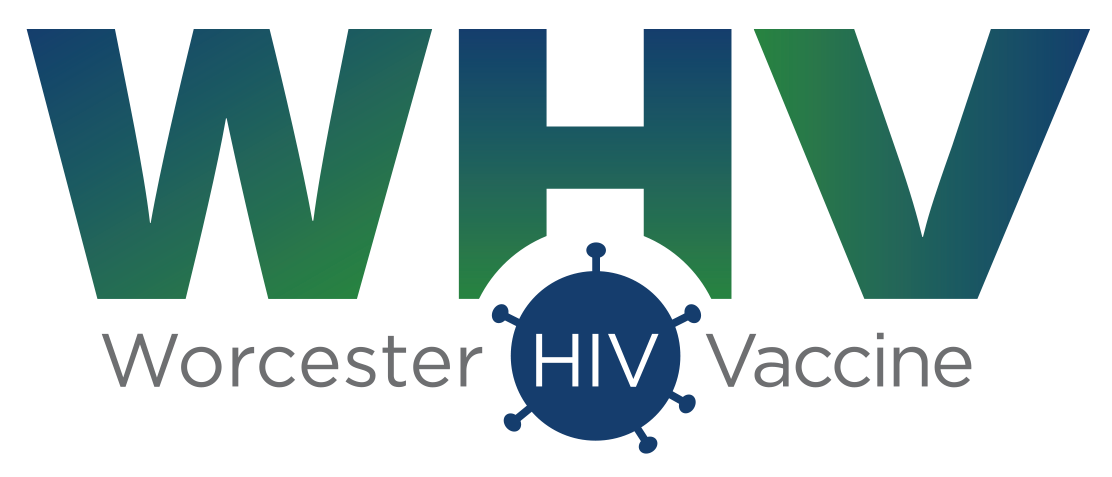Worcester HIV Vaccine (WHV) is pleased to announce that a novel human monoclonal antibody (mAb), HmAb64, was isolated from a trial participant who received our experimental HIV vaccine – the Polyvalent DNA/Protein HIV Vaccine (PDPHV). This result was just published by a world leading scientific journal Nature Communications.
Previously, many human mAbs were isolated from HIV infected patients and provided critical information on the interactions between the host’s immune system and the invading virus. These mAbs also revealed the key areas of the virus that a protective HIV vaccine would need to target. However, it has been very difficult to develop vaccines that can induce antibodies targeting such key areas, despite many years’ clinical studies testing a wide range of HIV vaccines candidates.
The new HmAb64 was isolated from a healthy human volunteer who received WHV’s unique DNA prime -protein boost vaccine which included antigens covering a wide range of HIV viral gene variations. The key area that HmAb64 targets is the CD4 binding site (CD4bs) – the surface of HIV interacting with human host CD4+ T cells which are important for human immunology. By entering CD4+ T cells, HIV causes a full spectrum of clinical disease after infection.
The CD4bs is a challenging target as the antigen’s conformation is very hard to produce by the traditional antigen design approach. Priming the immune system with the DNA component of WHV’s PDPHV ensures that the antigens are produced inside the body and thus mimic the virus’ antigen conformation.
Significant amounts of immunology, biochemistry, biophysics, and cry-EM analyses were carried out confirming the CD4bs specificity of HmAb64.
The real value of HmAb64 is its ability to neutralize primary HIV isolates across various subtypes – a major objective for HIV vaccine development. Several tier-2 resistant unrelated to the antigens used in the vaccines were also neutralized which further highlights the significance not only for this new mAb but also for the field of HIV vaccine development.
The final Nature Communication report is the product of collaboration among scientists from the University of Massachusetts Medical School, US NIH/NIAID’s Vaccine Research Center and Laboratory of Immune Regulation, New York University Grossman School of Medicine, Duke University and Beth Israel Deaconess Medical Center, Harvard Medical School.

